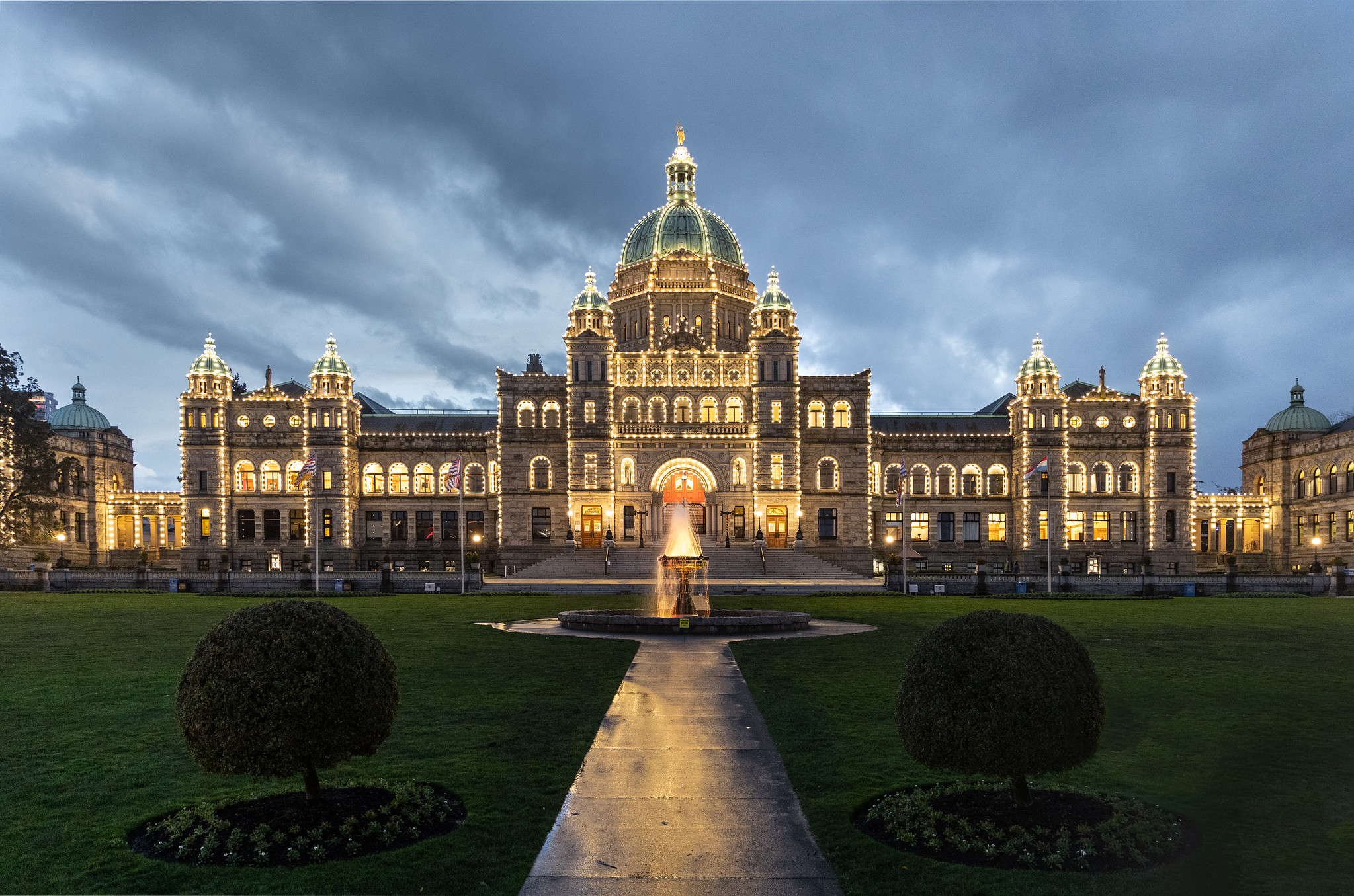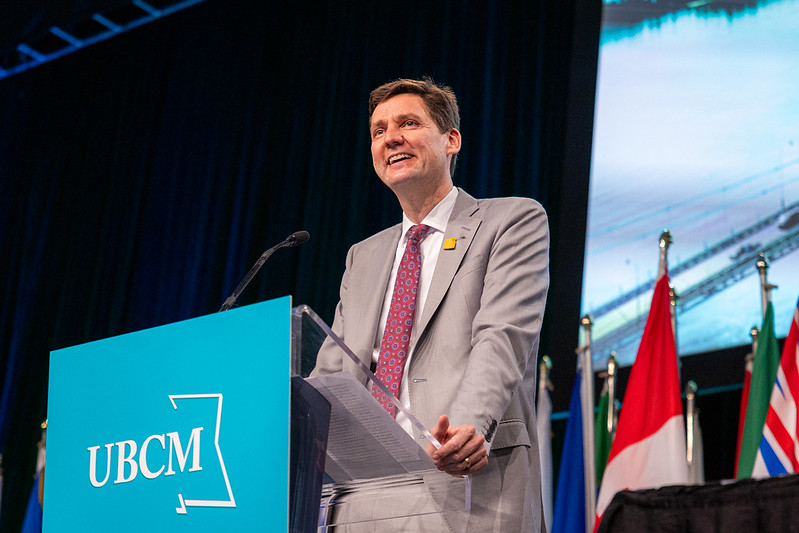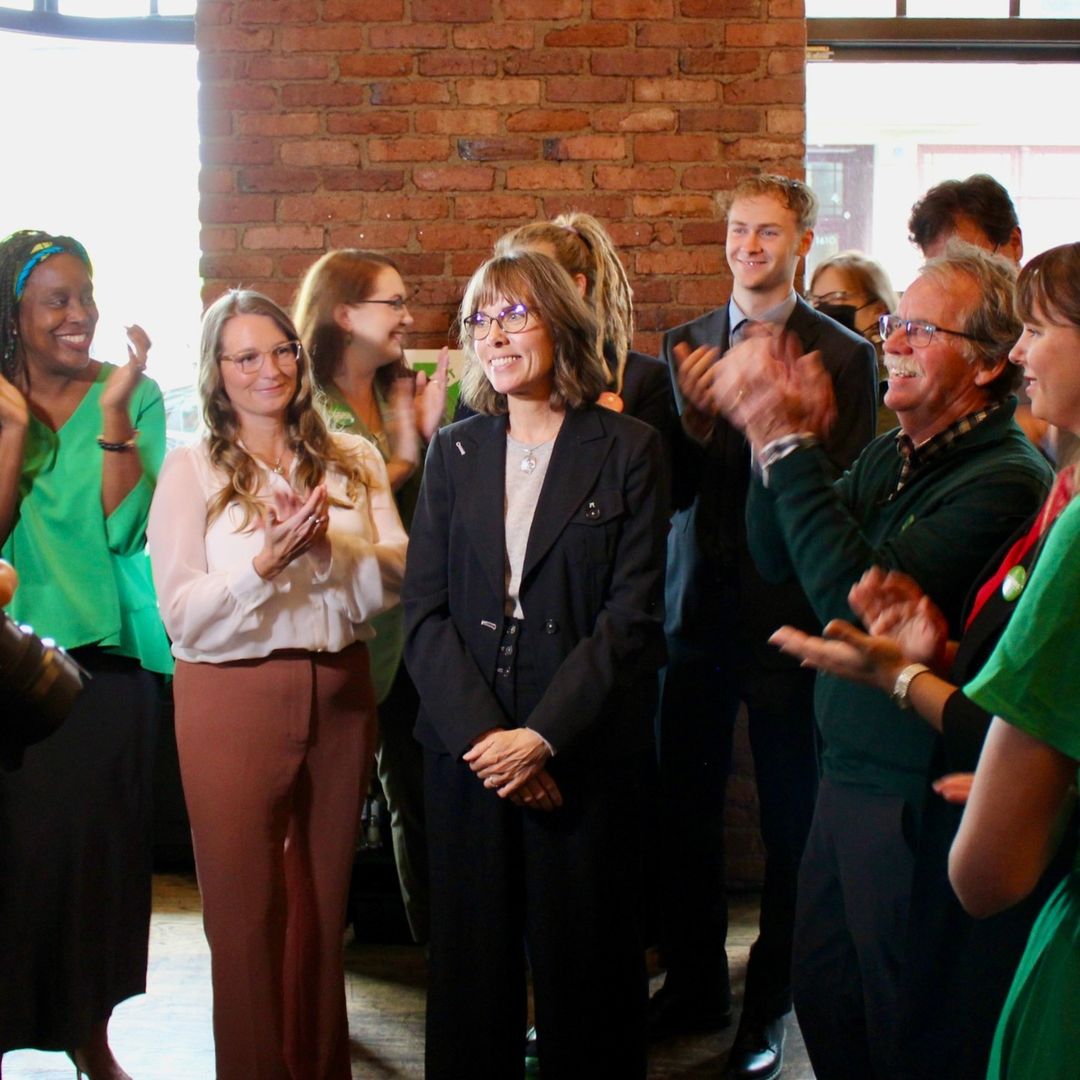Construction issues key for upcoming B.C. election
Housing, infrastructure, labour shortages and more are top of mind.

With B.C.’s provincial election just weeks away, voters will soon decide if they stick with the NDP or let someone else steer the province.
Construction and housing have been massive issues on the west coast. Each major party has put forward bold proposals, promising to address the housing shortage, streamline regulations, and invest in infrastructure.
BC NDP
The incumbent BC NDP, led by Premier David Eby, is prioritizing rapid housing construction and affordability improvements. Their plan to fast-track the factory-built home sector aims to reduce construction waste by 70% and harmful emissions by 43%. The NDP is creating a province-wide framework to streamline regulations and approve “ready-to-use” designs, potentially cutting months off the permitting process.

They’ve committed $1.29 billion to finance up to 40% of home purchase prices for middle-income families and aim to build over 300,000 middle-class homes. The party is also investing in skill training for home construction to address labor shortages. In healthcare infrastructure, they’re promising to build 5,400 new and replacement beds at long-term care facilities. The NDP plans to cut red tape for smaller, multi-unit developments, use public land for more housing, and continue capping residential rent increases at or below inflation. They’ve also announced a $36-billion investment in BC Hydro infrastructure over 10 years, supporting 10,500 to 12,500 jobs annually while expanding the electrical system for industrial development and housing.
Platform at a glance:
- Fast-track factory-built home construction to deliver homes in as little as 12 weeks
- Invest $1.29 billion to finance up to 40% of home purchase prices for middle-income families
- Build over 300,000 middle-class homes
- Cut red tape for smaller, multi-unit developments
- Use public land for more housing construction
- Continue capping residential rent increases at or below inflation
- Invest $36 billion in BC Hydro infrastructure over 10 years
- Double construction apprenticeship training
- Create a new Industrial Land Reserve to ensure space for economic growth
- Implement “ease of doing business” review to remove barriers for establishing or growing businesses
BC Conservatives
The BC Conservatives, under John Rustad’s leadership, are focusing on drastically reducing regulations and speeding up the construction process. Their platform includes streamlining permit and building approvals to 6 months for rezoning and development permits and 3 months for building permits. To stimulate rental housing construction, they propose introducing tax incentives for purpose-built rental properties. They also plan to repeal the Step Code policy and Net-Zero mandate, arguing this will significantly reduce construction costs.

The Conservatives aim to amend the Local Government Act to remove procedures they believe impede housing projects and establish a BC Development Tribunal to protect private property rights. They’re pledging $1 billion annually for sewer and water upgrades in municipalities that allow small-scale multi-unit housing. The party is also promising major infrastructure spending, including bridge expansions and highway improvements. Their approach emphasizes reducing government intervention in the housing market and prioritizing rapid development to address housing shortages. Rustad also wants to extend LNG project permitting times.
He Rustad been officially endorsed by Independent Contractors and Businesses Association (ICBA).
Platform at a glance:
Streamline permit and building approvals (6 months for rezoning/development, 3 months for building permits)
- Introduce tax incentives for purpose-built rental housing
- Repeal Step Code policy and Net-Zero mandate to reduce construction costs
- Amend Local Government Act to remove procedures that “kill housing projects”
- Establish BC Development Tribunal to protect private property rights
- Pledge $1 billion annually for sewer and water upgrades in municipalities allowing small-scale multi-unit housing
- Implement “Presumption of Compliance” law for certified builders
- Conduct forensic audit of BC Housing
- Reduce red tape for project approvals
- Fast-track George Massey Tunnel Replacement Project
- Explore Ironworkers Memorial Bridge replacement/expansion
- Extend permits for LNG projects
- SkyTrain extension to Newton
BC Green Party
The BC Green Party, led by Sonia Furstenau, is approaching construction and housing issues with a strong focus on affordability and environmental sustainability. Their ambitious plan includes building 26,000 affordable rental units per year, significantly higher than current construction rates. They propose utilizing public land for non-profit housing and have allocated $1.5 billion for affordable housing initiatives.

The Greens are advocating for the introduction of vacancy control to prevent rent hikes between tenants, a policy aimed at long-term affordability. In line with their environmental priorities, they plan to stop new LNG projects and phase out gas production, which could impact certain types of industrial construction. Instead, they propose investing heavily in renewable energy sources such as solar, which could create new opportunities in the green construction sector. The party’s approach to construction and development is deeply intertwined with their climate action goals, emphasizing sustainable building practices and energy-efficient housing. They also support densification and transit-oriented development to reduce urban sprawl and promote more sustainable communities.
Platform at a glance:
- Build 26,000 affordable rental units per year
- Utilize public land for non-profit housing
- Allocate $1.5 billion for affordable housing initiatives
- Introduce vacancy control to prevent rent hikes between tenants
- Stop new LNG projects and phase out gas production
- Invest in renewable energy sources, such as solar
- Focus on sustainable building practices and energy-efficient housing
- Support densification and transit-oriented development
- Prioritize environmental considerations in construction and development projects
